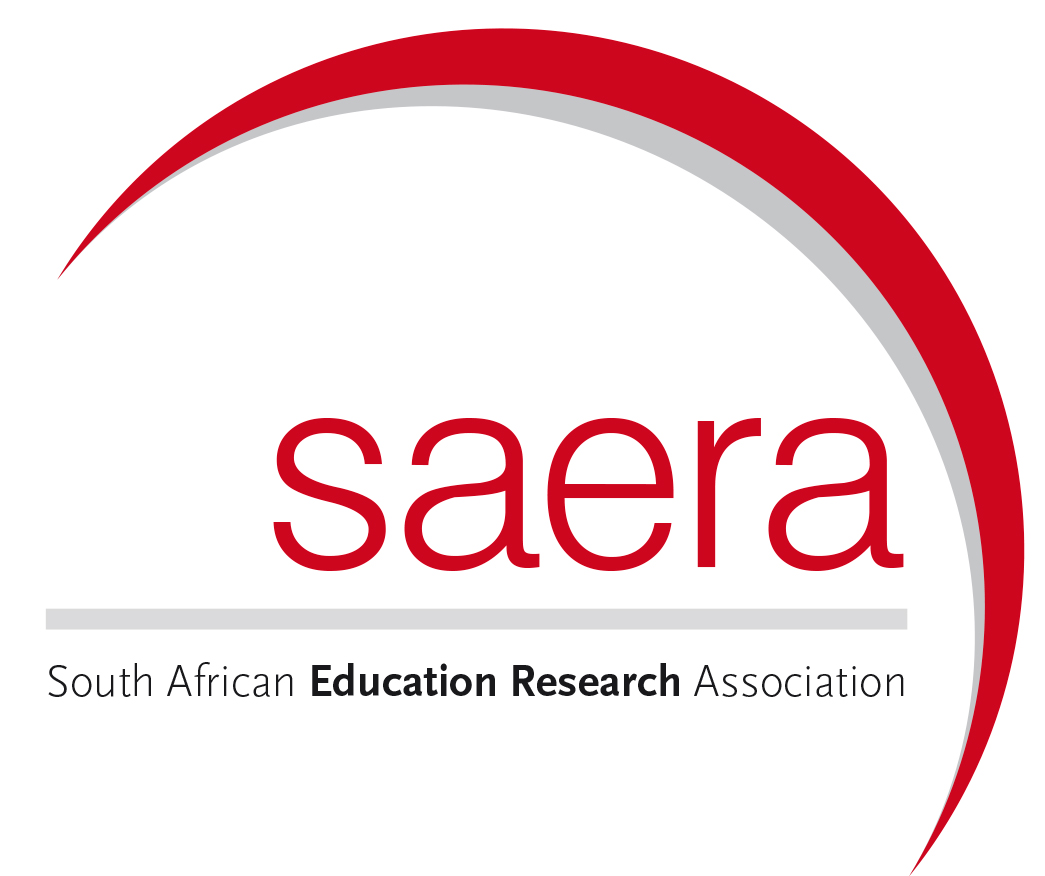Original Research - Special Collection: COVID-19
Higher education leadership responses applied in two South African comprehensive universities during the COVID-19 pandemic: A critical discourse analysis
Submitted: 16 February 2021 | Published: 19 July 2021
About the author(s)
Kamvalethu Kele, Department of Sociology and Anthropology, Faculty of Humanities, Nelson Mandela University, Gqeberha, South AfricaPedro Mzileni, Department of Sociology and Anthropology, Faculty of Humanities, Nelson Mandela University, Gqeberha, South Africa
Abstract
Background: This article explored the leadership responses that were used by two comprehensive universities in South Africa (Nelson Mandela University and University of Johannesburg) during the coronavirus disease 2019 (COVID-19) pandemic in continuing with the rolling out of their teaching and learning programmes safely and digitally under disruptive conditions.
Aim: Whilst universities in the developing world such as South Africa were expected to face challenges during the pandemic, this article showed that the leadership executives and general staff in two of its large universities, instead, crafted equitable and flexible improvisations to overcome the social challenges that could have posed a threat to their academic project.
Setting: The selection of these two specific universities provided a unique opportunity to engage with comprehensive, massified and post-merger former Technikon-university institutions that mainly cater for working-class students.
Methods: The social justice theory was utilised to frame the study, whilst critical narrative analysis was the methodology.
Results: This research reveals that South African comprehensive universities possess capacity to adapt and innovate in the middle of an institutional crisis using their flexible systems and agile personnel to drive the academy under such circumstances. The study also reveals that the process of social justice is full of contradictions. As the universities created equitable measures to assist underprivileged students, these measures also generated injustices for others.
Conclusion: This generated admirable and productive systematic traits to observe about some of our universities, as the South African higher education sector continued to engage with difficult conversations such as transformation.
Keywords
Metrics
Total abstract views: 3716Total article views: 4954
